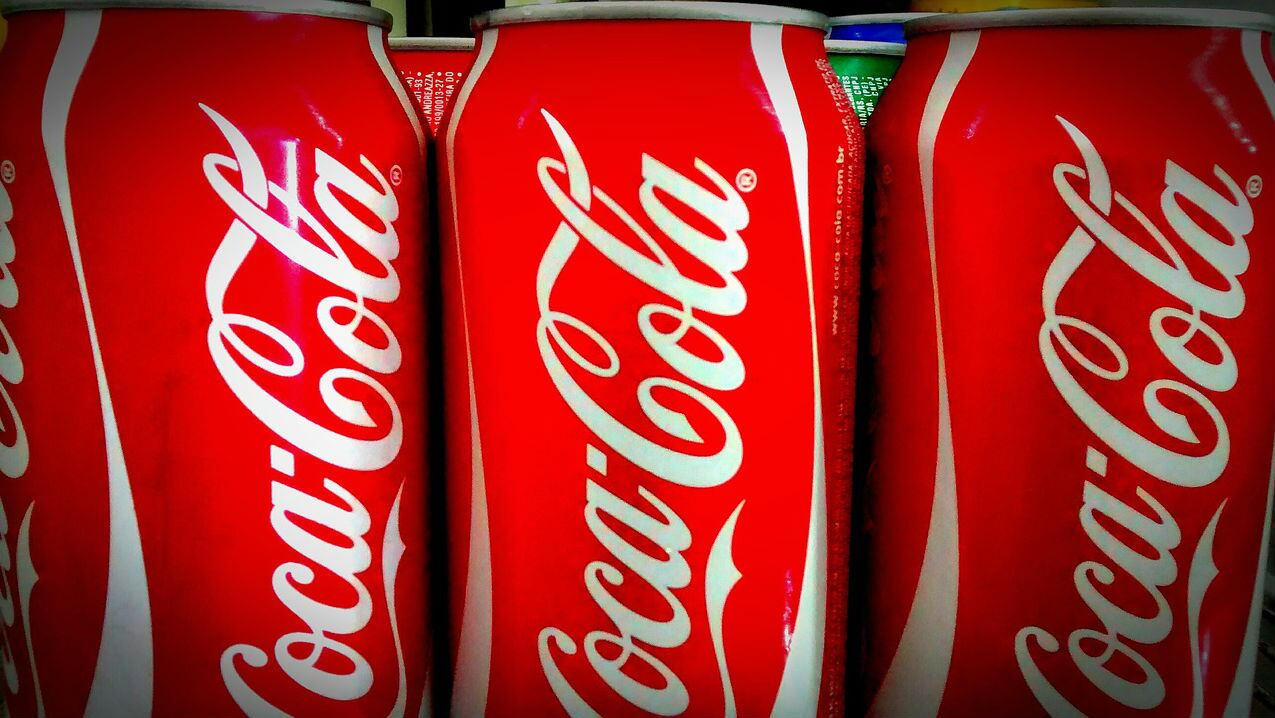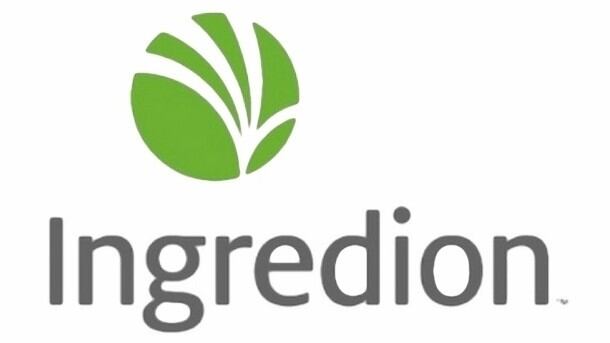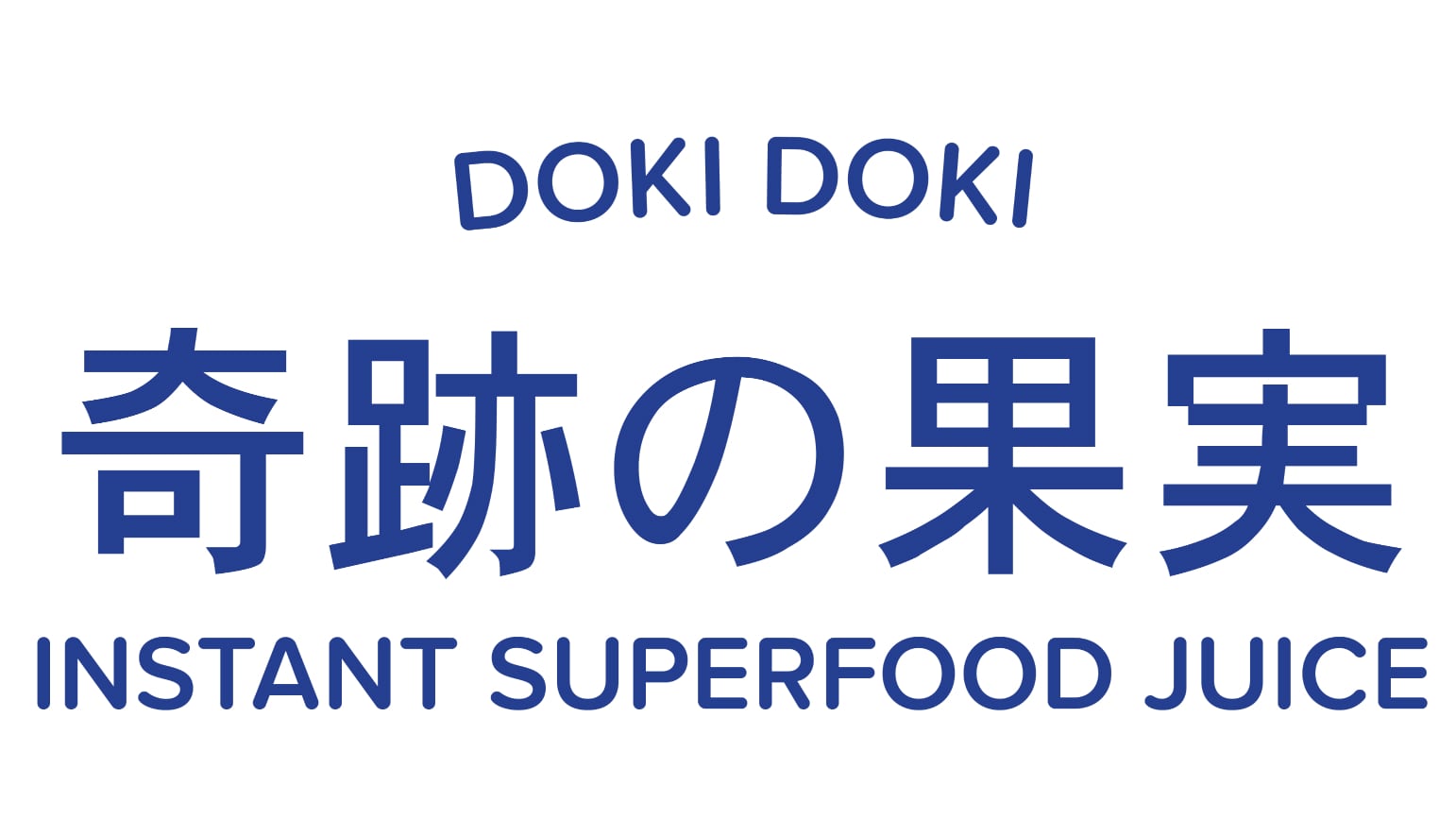The firm recently announced the research project which involves stevia partner Sweet Green Fields, NGO Earthwatch and China institutions.
The project aims to improve the understanding of key environmental impacts, challenges, and opportunities within stevia production by analysing soil, water, waste, and energy impacts.
Taking place in Xinjiang and Jiangsu, two key stevia production regions in China, the project will be rolled out this year and analysis and recommendations are expected to be available by the first half of 2020, Abigail Storms, VP sweetener platform and global platform marketing at Tate & Lyle told us.
Under the project, Earthwatch, will lead research efforts in addressing knowledge gaps present in stevia sustainability.
Nanjing Agricultural University will play the role of local research partner and other stakeholders, including local farmers and processors will also be involved for information gathering and engagement.
“Stevia is a sweetener looked to by consumers for its natural proposition, as well as being no calorie, and as a real alternative to sugar. As the stevia market grows, we want to establish and spread sustainability best practice across the stevia supply chain. Tate & Lyle intends to put into practice any areas for improvement we identify as part of this research project,” Storms said.
“This is a large undertaking, given the nature of the work on the ground in China. Tate & Lyle is fully funding the research study,” she added.
She also said that stevia from Tate & Lyle was sold globally, and was used in beverages, yogurt, bakery, bars and snacks, confectionery, and sauces.
“As a leading provider of stevia to the food industry, Tate & Lyle wants to ensure that using stevia in greater quantities in the future as a replacement for sugar is a responsible choice for our business, as well as a healthy choice for consumers around the world,” she said.
According to Mintel’s statistics published in January, the use of stevia in food and beverages had increased significantly.
Stevia use in the launches of new products globally increased by 9% between year 2016 and 2017, and even more so between 2017 and 2018 with a growth rate of 23%.
Globally, stevia is mostly used in snacks and beverages.
More sustainability claims
From an end-product manufacturer perspective, Coca-Cola Amatil (CCA) also recently announced that all sugar in its non-alcoholic beverage range in Australia would be sourced from growers abide by sustainable production frameworks.
The sugar will be sourced from farms that follow the Bonsucro and Smartcane Best Management Practice (BMP), two frameworks which aim to beef up farming productivity, while reducing environmental and social risks at the same time.
The switch to sustainably accredited sugar in Australia also reflects a global commitment by The Coca-Cola Company to source all priority ingredients from sustainable sources by 2020.





